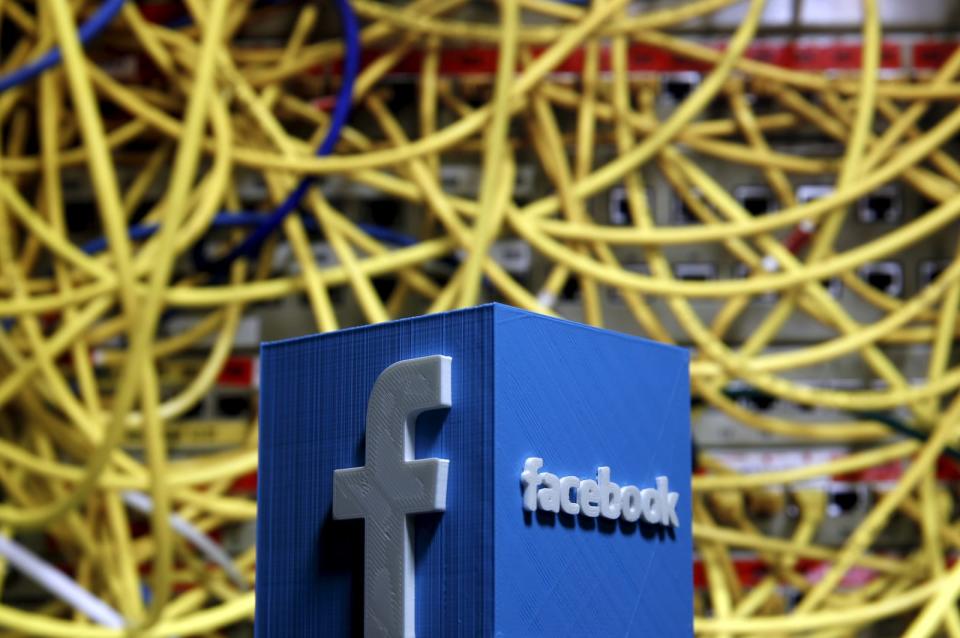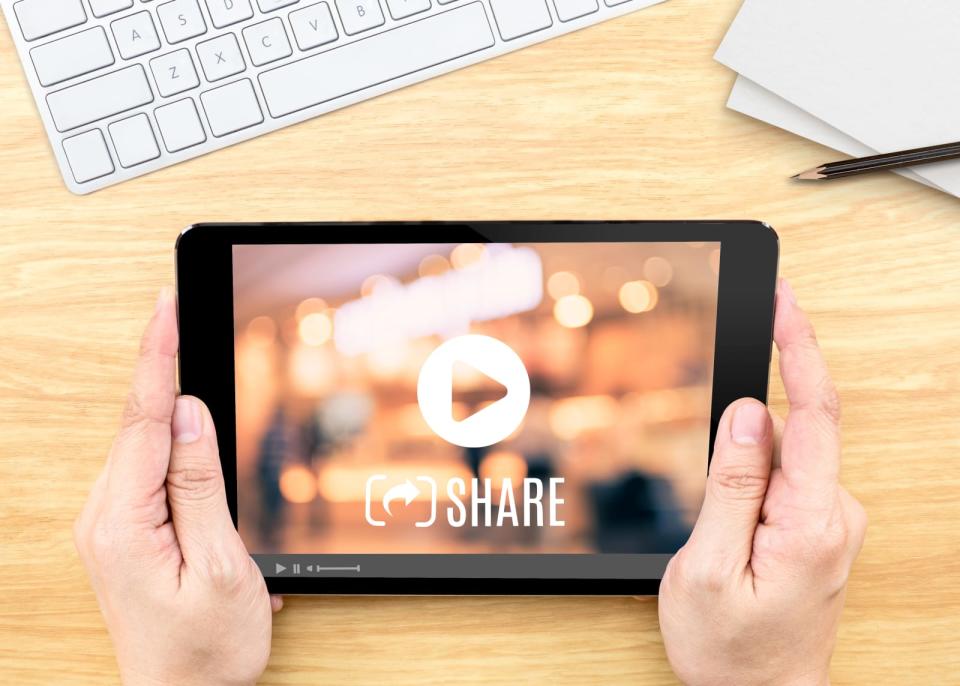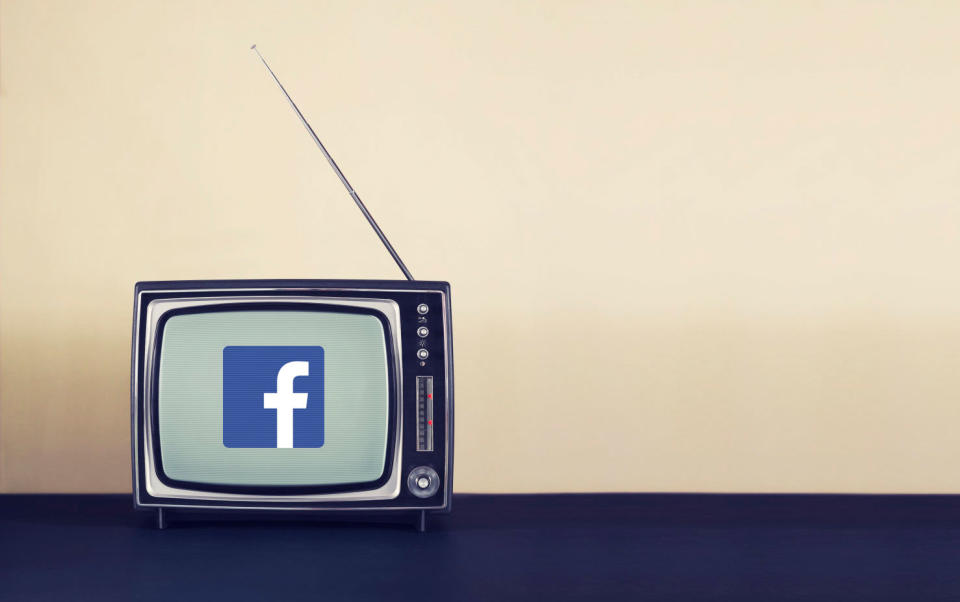Why TV is Facebook’s next frontier
TV shows in your News Feed makes more sense than you'd think.
Facebook has long had a love affair with video. Recently, however, the social network has taken its video ambitions one step further: It's diving into original programming. This involves not just news and sportscasts but also scripted shows. If that sounds an awful lot like television, well, you're not wrong. TV is undoubtedly Facebook's next big thing.
Most people consume video on Facebook circumstantially: They happen to stumble upon clips when scrolling through their News Feed. This all changed with the introduction of the company's Live feature, which debuted last year to the general public. Suddenly Facebook became a video destination. The only way to catch a particular livestream was to log on to the site at that very moment. This, according to Facebook, creates an instant social environment as people convene to watch and experience the same stream together.
"The thing that has been the most fascinating to me is what Live taught us," said Fidji Simo, Facebook's VP of product, during a presentation at VidCon last month. "When you pair video with social functionality, it allows people to come together around video content in a way that we really hadn't seen before. That has really inspired us to think about how video could be a source of bringing communities together."
The community element is apparent. Many of us already use Facebook to talk about the latest TV shows, so the idea here is that, instead of watching a show elsewhere, we could just watch a show on the same platform. And in order to get people coming back day after day, or week after week (for those ad impressions, of course), the shows can't just be standalone viral hits -- they need to tell a story. That's where scripted original programming comes in.

Hence, Facebook has cobbled together a small group of partners and creators to deliver such programming. Nick Grudin, Facebook's VP of media partnerships, says that these are shows that "you can build a community around," which is exactly what Simo alluded to.
Facebook becoming a TV platform might sound like a stretch, but it's not the only social media company dabbling in the field. Twitter is doing the same with live news and sports broadcasts -- everything from weekly baseball games to live coverage of Wimbledon. Twitter also partnered with Xbox to stream its E3 coverage and with Nike to cover the attempt by runners to break the two-hour-marathon barrier.
"Livestreaming video is a strong complement to the live nature of Twitter," a Twitter spokesperson said when asked how video fits in with the company's overall strategy. And it's worked for them so far -- more than 2 million watched its livestream of NFL games week after week, and more than 1.1 million tuned in when it broadcast WNBA matchups.
Facebook airs live video too, of course, but it mostly comes from brands and personalities rather than news sources. Delving into scripted original programming, on the other hand, is perhaps more suited to the way people consume Facebook -- not on a constant always-on basis, but whenever they have free time.

Plus, let's not forget that original programming has proven to be a fantastic strategy for other video outlets, like Netflix and Amazon. Even though both had pretty robust streaming services already, creating and hosting original shows transformed them into more than just a place to watch reruns of old shows. Now they are video destinations unto themselves, providing an alternative to the traditional way of watching television.
YouTube is another shining example of original programming, but in shorter-form formats from the likes of independent creators and smaller internet media companies. Facebook, in an effort to broaden its audience, wants to try its hand at both kinds of shows.
So far, the company has invested in a variety of them -- reportedly spending between $10,000 and $35,000 for short videos and around $250,000 for longer programming -- and apparently there'll be two dozen of them before the summer is over. The lineup runs the gamut: a show that stars Dirty Jobs host Mike Rowe; Champions League matches; a reality series starring LaVar Ball; and video from providers like BuzzFeed, Vox and ATTN.
There's no word yet on actual scripted storytelling programming, but the company is apparently paying millions to Hollywood to come up with them. It seems like Facebook is sparing no expense to make sure this whole TV thing works.
It makes sense when you think about it. If Facebook is already a watercooler gathering spot for entertainment, why not make it the entertainment source too? Facebook clearly has the money and the clout to make that happen. And since social media rivals like Twitter and Snapchat are also getting into TV, Facebook doesn't want to be the one left behind. The only real question is whether people will actually buy into it. And if they do, will Facebook take on the responsibilities of a real media company?










